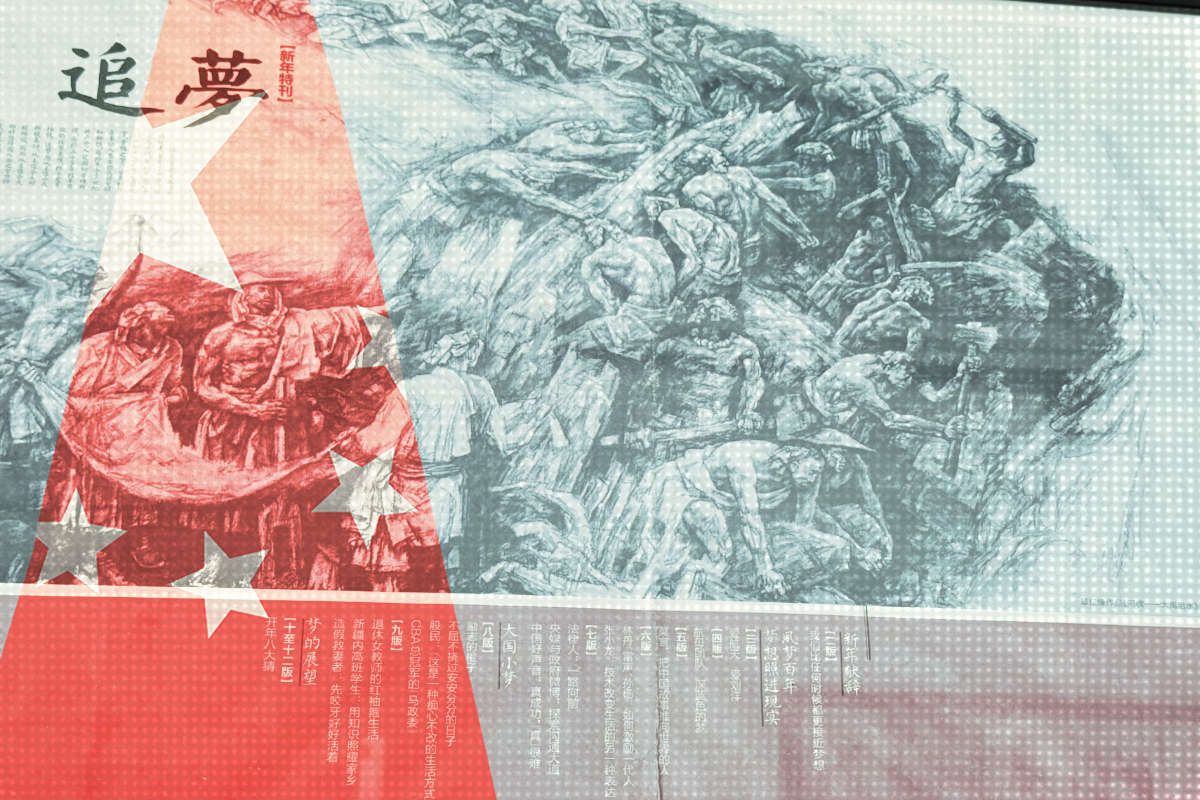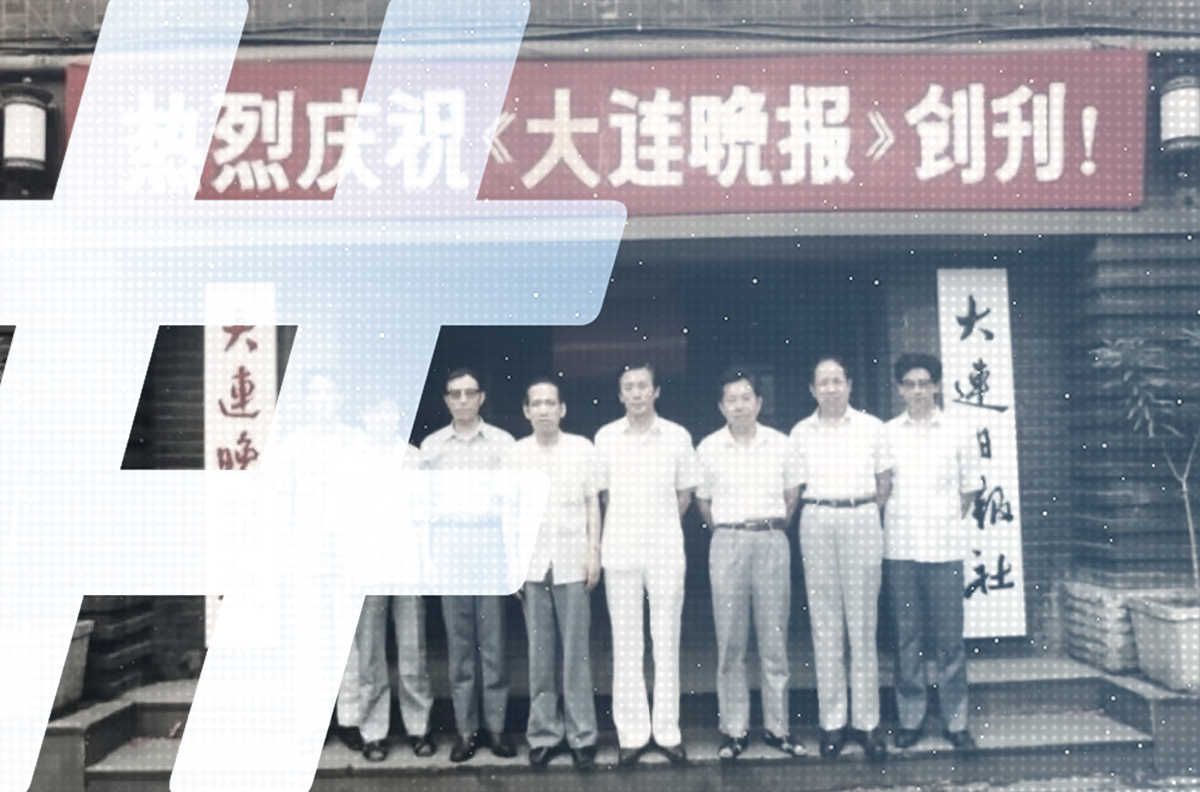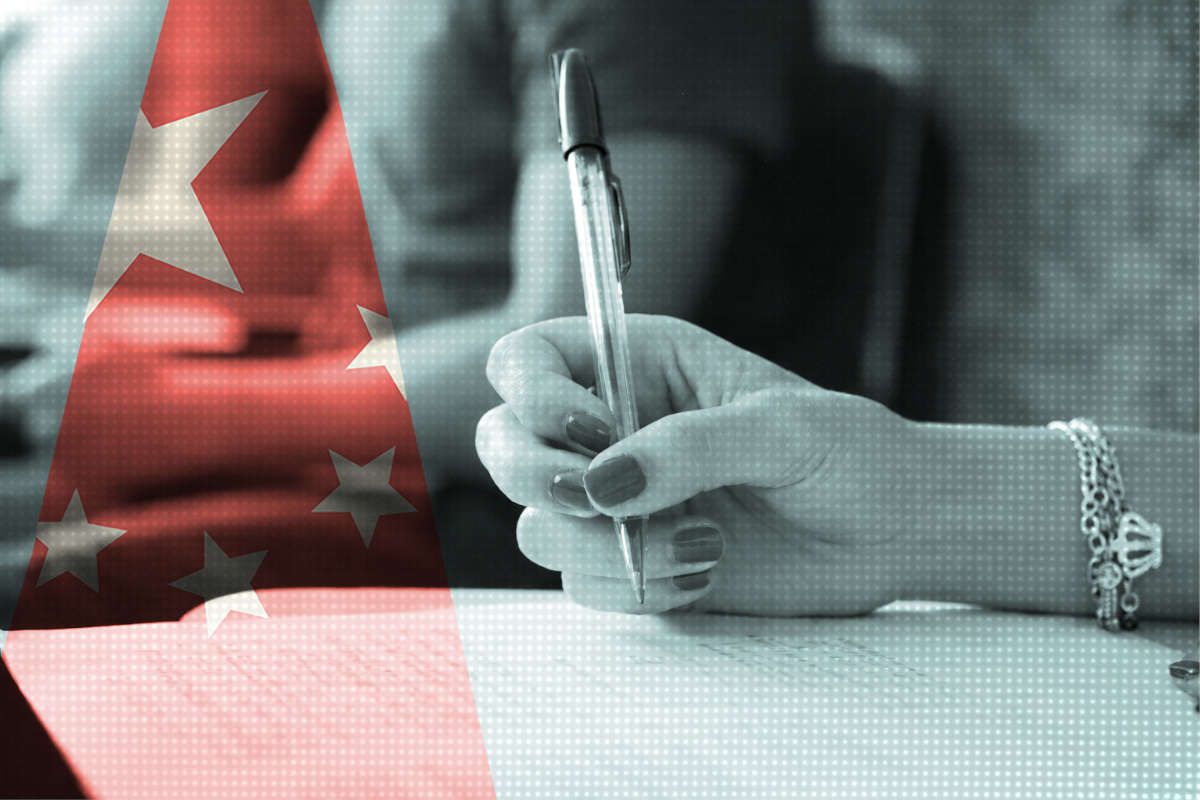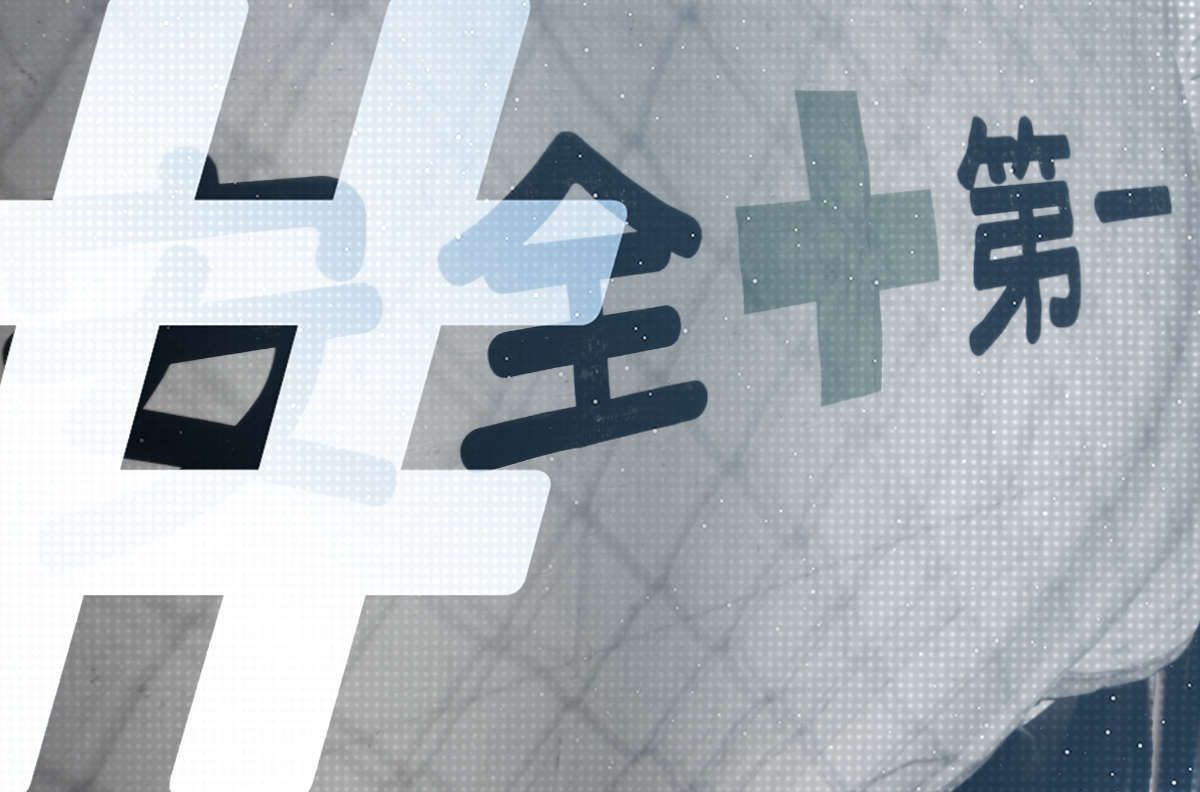Headlines and Hashtags
Global Times: uncovering the West's conspiracy of untruth
By David Bandurski — Global Times, a newspaper published by the official People’s Daily, has played a powerful role this year in pushing back against criticism of China in the international media on a wide range of stories, from unrest in Tibet (and the ensuing anti-CNN controversy) to protests during the international leg of the Olympic torch relay.
One of the newspaper’s specialties this year has been personal and ugly attacks on the Paris-based NGO Reporters Without Borders and its founder, Robert Menard. RSF has clearly made criticism of China a priority this year, and Global Times has returned the volleys with eye-for-an-eye savagery.
[ABOVE: Global Times online section on China as seen through foreign eyes.]
Global Times reports on RSF have invariably been presented to readers as lurid exposes uncovering dirty truths about the organization. But the sourcing of information in these stories does little to convince the disinterested reader that they offer an even-handed account.
Many of the accusations rest on the comments of Cuban writer Nestor Baguer as quoted by Jean-Guy Allard, a former Canadian journalist who now works for Granma, a Cuban propaganda rag, in his book on Menard. Raising further red flags, Baguer apparently (on his own admission, via Allard) infiltrated RSF while working undercover for the Cuban government and posing as a dissident. Not exactly the makings of a credible whisteblower.
I am not in any position to contradict or disprove the allegations against RSF or Menard — nor do I have any interest one way or the other — but the trail of information in the Global Times articles is disputable to say the least, and they are part of a clear pattern at this increasingly influential newspaper.
Global Times has enjoyed immense commercial success in the last few years, and it is virtually unchallenged (thanks to official restrictions) as a purveyor of news about the wider world. Some of China’s top professional media, including Caijing magazine, now regard the newspaper as a direct competitor.
Here is one of my favorite revelations from the most recent attack launched by writer Tao Duanfang (陶短房) against RSF:
A source familiar with the situation told this reporter that the National Endowment for Democracy states clearly on its Web site that organizations receiving funding must not organize acts against the United States [Enjoy the nearly full story in English at China Daily.].
That’s of course a slightly alarmist way of saying that the NED is very up front about not funding acts of aggression against the United States (though I can’t find anything to substantiate this on the NED Web site). But it all sounds so wonderfully mischievous when Tao obtains this (allegedly) already public information from an unnamed source.
In its latest attack on Western media generally — a response to charges that China has not lived up to its Olympic promise of openness — Global Times sought last Wednesday to expose the spuriousness of “freedom of speech.”
One can not help but wonder whether these quotes are presented faithfully, and what in particular this editor from the Houstin Chronicle, whose name I have not yet managed to track down, really said.
The section is called, “Behind the Zeal for ‘Freedom of Speech'”:
One foreign reporter who has for years taken part in reporting of the Olympic Games said that among the press corps for every Olympics there are bound to be a few who do not focus on the sports field but who absorb themselves in finding or cooking up news. Before the Athens Olympics began, a certain British reporter wriggled his way into the unfinished Olympic sports ground and wrote a piece criticizing the Athens Olympics, saying there were “major security loopholes.” This [foreign] reporter said that critical news reports were a part of Olympic reports, and he believes that the first few days are extremely important, and that if all goes smoothely then public opinion will quickly follow . . .
Powell [?], a professor of journalism at Stockholm University, told the Global Times reporter that Western media views on China are longstanding, and that the media will first think of China in a certain way and then go in search of evidence in support. When they find it, they blow it out of proportion. When they don’t find it they say “China is not open enough.” Under such conditions, no matter what China does, it finds it difficult to satisfy Western media. Powell says that what China wants to show is its sunny side, and there’s no way officials will agree to welcome reporters for interviews in the remote countryside. But what Western media seek is the dark side, and they are determined to go there . . .
Jennifer (詹妮弗), editor of America’s Houstin Chronicle, says that “freedom of speech is linked to social responsibility and that journalists in the U.S. have lately enjoyed too much ‘freedom of speech’ and lost sight of social responsibility. In reporting news events they tend to come to conclusions first and then find material to support their conclusions. On the surface, they are exercising ‘freedom of speech’, but in actuality they violate the principles of objectivity and fairness.” She says that in the past she relied primarily on U.S. media to understand China. Now a number of Americans, including herself, no longer believe the U.S. media, and they manage to get their information through other channels, including Chinese media, and reach their own conclusions through comparison.
[Posted by David Bandurski, July 11, 2008, 2:35pm]




















